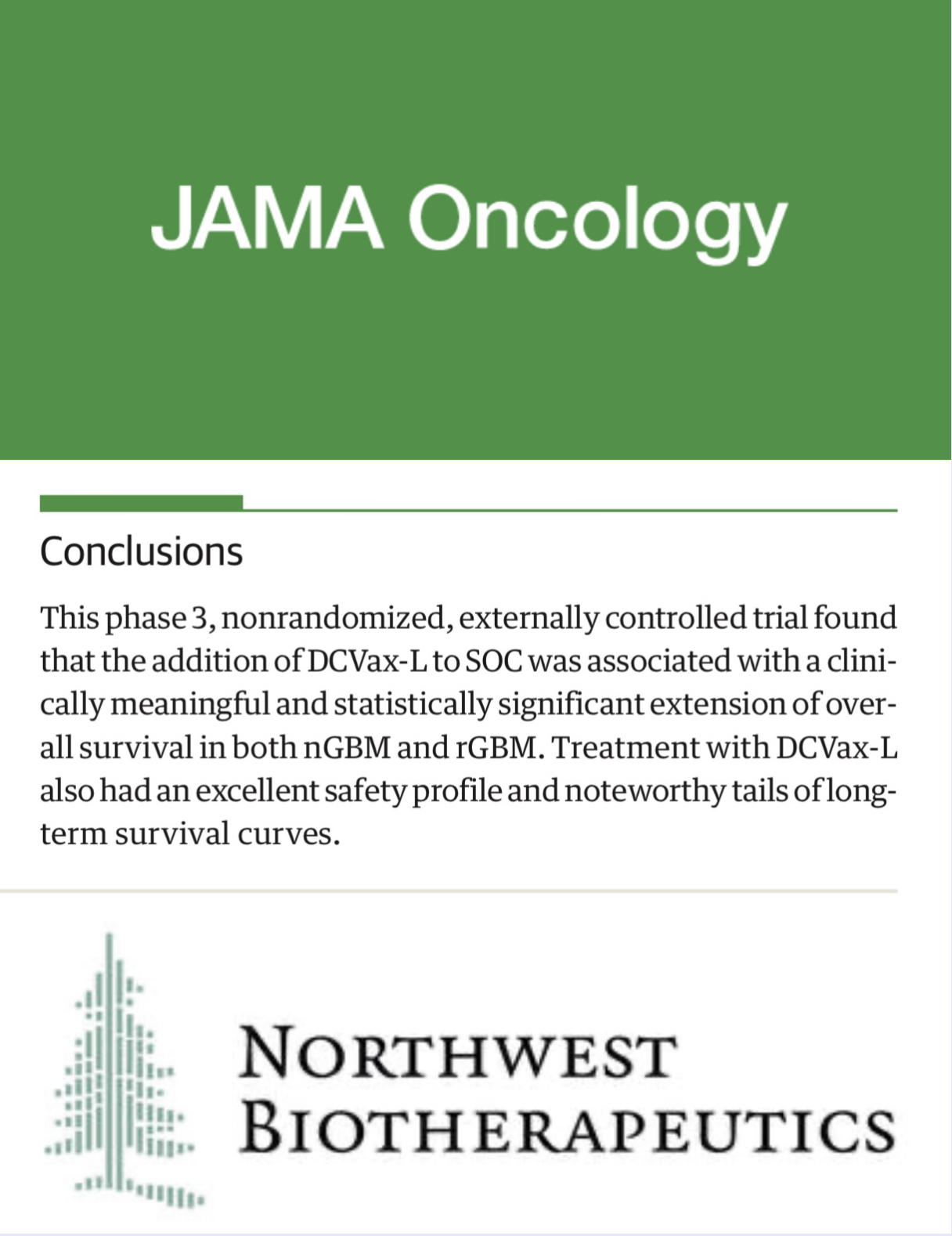Dasatinib and CAR T-Cell Therapy in Newly Diagnosed Philadelphia Chromosome-Positive Acute Lymphoblastic Leukemia: A Nonrandomized Clinical Trial.
IF 22.5
1区 医学
Q1 ONCOLOGY
引用次数: 0
Abstract
Importance A combination of tyrosine kinase inhibitors and chimeric antigen receptor (CAR) T cells has made a breakthrough in refractory or relapsed Philadelphia chromosome (Ph)-positive acute lymphoblastic leukemia (ALL). However, it remains unclear if this treatment in newly diagnosed Ph-positive ALL is associated with high rates of complete molecular remission (CMR) and leukemia-free survival. Objective To evaluate the efficacy and safety of dasatinib in combination with CAR T cells as frontline therapy in adults with newly diagnosed Ph-positive ALL. Design, Setting, and Participants This trial was conducted at a single center, the First Affiliated Hospital of Zhejiang University School of Medicine. Patients were enrolled in this phase 2, single-arm nonrandomized clinical trial between March 5, 2021, and April 13, 2024. The data cutoff date was February 10, 2025. The data analysis was conducted on February 11, 2025. The median duration of follow-up was 23.9 (range, 7.3-47.7) months. A total of 29 adults with newly diagnosed Ph-positive ALL and adequate organ function were screened for eligibility, and 1 patient who received a diagnosis of blast-phase chronic myeloid leukemia was excluded. Intervention Dasatinib was administered with a 2-week vindesine and dexamethasone regimen as induction, followed by sequential CD19 and CD22 CAR T-cell therapies and single-agent dasatinib maintenance. Main Outcomes and Measures The primary end point was CMR rate after CD19 CAR T-cell therapy. CMR was defined as undetectable BCR/ABL1 transcripts as measured by quantitative reverse transcription polymerase chain reaction with a sensitivity of 10-4 in the bone marrow. Results Twenty-eight patients (median [range] age, 48.5 [18.0-69.0] years; 10 female individuals [36%]) were enrolled, and 1 patient withdrew after induction. The CMR rate was 25% (7 of 28) after induction and increased to 85% (23 of 27) after CD19 CAR T-cell therapy. Twenty-five patients (89.3%) received sequential CD22 CAR T-cell therapy, and the CMR rate was 76% (19 of 25). Of the 52 CAR T-cell therapies, only 21 cases of grade 1 cytokine release syndrome occurred. After a median follow-up of 23.9 (range, 7.3-47.7) months, the 2-year overall survival and leukemia-free survival were 92%. Conclusions and Relevance The results of this nonrandomized clinical trial suggest that the combination of dasatinib and CAR T-cell therapy showed encouraging efficacy in newly diagnosed Ph-positive ALL with acceptable toxic effects. Further studies with larger cohorts and longer follow-up durations are needed. Trial Registration ClinicalTrials.gov Identifier: NCT04788472.达沙替尼和CAR - t细胞治疗新诊断的费城染色体阳性急性淋巴细胞白血病:一项非随机临床试验。
酪氨酸激酶抑制剂和嵌合抗原受体(CAR) T细胞联合治疗难治性或复发性费城染色体(Ph)阳性急性淋巴细胞白血病(ALL)取得了突破。然而,尚不清楚在新诊断的ph阳性ALL中,这种治疗是否与高完全分子缓解(CMR)率和无白血病生存率相关。目的评价达沙替尼联合CAR - T细胞一线治疗新诊断的成人ph阳性ALL的疗效和安全性。设计、环境和参与者本试验在浙江大学医学院第一附属医院单中心进行。患者在2021年3月5日至2024年4月13日期间参加了这项2期单臂非随机临床试验。数据截止日期为2025年2月10日。数据分析于2025年2月11日进行。中位随访时间为23.9个月(7.3-47.7个月)。总共筛选了29名新诊断为ph阳性ALL且器官功能正常的成年人,排除了1名诊断为胚期慢性髓性白血病的患者。干预:达沙替尼采用2周的长春地辛和地塞米松方案作为诱导,随后进行序贯CD19和CD22 CAR - t细胞治疗和单药达沙替尼维持。主要终点是CD19 CAR - t细胞治疗后的CMR率。CMR定义为骨髓中通过定量逆转录聚合酶链反应检测不到BCR/ABL1转录物,灵敏度为10-4。结果28例患者年龄中位数为48.5[18.0 ~ 69.0]岁;10例女性(36%)入组,1例患者在诱导后退出。诱导后的CMR率为25%(28人中的7人),CD19 CAR - t细胞治疗后增加到85%(27人中的23人)。25例患者(89.3%)接受了序贯CD22 CAR - t细胞治疗,CMR率为76%(25例中有19例)。在52种CAR - t细胞疗法中,只有21例发生了1级细胞因子释放综合征。中位随访23.9个月(7.3-47.7个月)后,2年总生存率和无白血病生存率为92%。结论和相关性这项非随机临床试验的结果表明,达沙替尼联合CAR - t细胞疗法对新诊断的ph阳性ALL具有令人鼓舞的疗效,毒性作用可接受。进一步的研究需要更大的队列和更长的随访时间。临床试验注册号:NCT04788472。
本文章由计算机程序翻译,如有差异,请以英文原文为准。
求助全文
约1分钟内获得全文
求助全文
来源期刊

JAMA Oncology
Medicine-Oncology
自引率
1.80%
发文量
423
期刊介绍:
JAMA Oncology is an international peer-reviewed journal that serves as the leading publication for scientists, clinicians, and trainees working in the field of oncology. It is part of the JAMA Network, a collection of peer-reviewed medical and specialty publications.
 求助内容:
求助内容: 应助结果提醒方式:
应助结果提醒方式:


